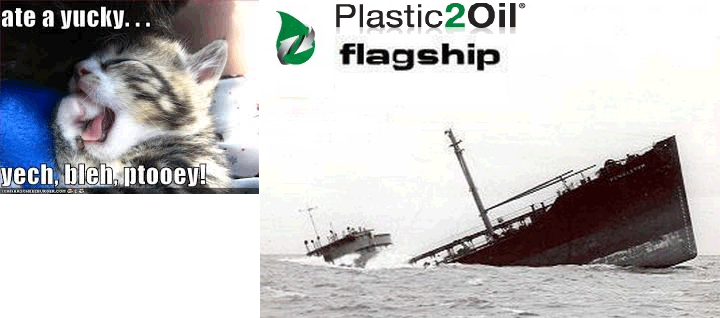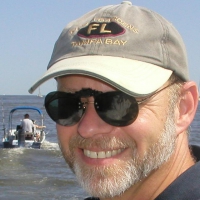Posted On: 07/01/2014 4:10:18 PM
Post# of 43068
I guess it's because there have been reputable third parties involved all along the way suggesting there is more to the story than a complete fabrication.
Largely a fabrication, but not a complete fabrication.
As I said, I invested because I felt that even if the optimistic projections were way off there was still room for success.
Now we are told of a nationally recognized engineering firm being involved. It would be nice to know the name. I hope we find out in a filing.
As far as the canceled contracts, that's a technicality. JBI decided not to try to make money turning plastic into fuel because they could not source enough plastic at reasonable prices to follow that business model. Crayola and Madison County really didn't have a choice but to cancel whatever contract existed.
It remains possible for a company that already has LOTS of waste plastic as part of their existing business to be able to employ a P2O processor successfully.
I'm just not convinced there are many businesses in this situation.
Just like the tons of waste plastic that end up in landfills not easily being directed to a place where it could be processed.
If the processors can be proven in the right commercial context, there may be enough incentive by government and the plastic industry to figure out a way to change how plastic is collected. Or possibly it will take good sorting technology at municipal waste handling facilities.
Just a glimmer of hope here.
The ship is sinking, but not yet sunk. The fat lady is singing in the wings, but not yet on center stage.
Largely a fabrication, but not a complete fabrication.
As I said, I invested because I felt that even if the optimistic projections were way off there was still room for success.
Now we are told of a nationally recognized engineering firm being involved. It would be nice to know the name. I hope we find out in a filing.
As far as the canceled contracts, that's a technicality. JBI decided not to try to make money turning plastic into fuel because they could not source enough plastic at reasonable prices to follow that business model. Crayola and Madison County really didn't have a choice but to cancel whatever contract existed.
It remains possible for a company that already has LOTS of waste plastic as part of their existing business to be able to employ a P2O processor successfully.
I'm just not convinced there are many businesses in this situation.
Just like the tons of waste plastic that end up in landfills not easily being directed to a place where it could be processed.
If the processors can be proven in the right commercial context, there may be enough incentive by government and the plastic industry to figure out a way to change how plastic is collected. Or possibly it will take good sorting technology at municipal waste handling facilities.
Just a glimmer of hope here.
The ship is sinking, but not yet sunk. The fat lady is singing in the wings, but not yet on center stage.
techisbest



